49 F. high temperature in the Twin Cities Tuesday.
52 F. average high on October 28
44 F. high on October 28, 2013.
October 28 in Minnesota Weather History. Source: Twin Cities National Weather Service:
2004:
Exceptionally muggy for October. Dew points surged into the middle to
upper 60's over central and southern Minnesota. Ladybugs are extremely
active.1955: Early snow with 2.2 inches in the Twin Cities.
1905: Snowfall accumulated in south central Minnesota. Snow totals included 7 inches at Fairmont, 6 inches at Farmington, 4.5 inches at Montevideo, 4 inches at Faribault, and 3 inches at New London.
.jpg)
Weather PTSD
Today marks the two year anniversary of Sandy, an odd mash-up of ex-hurricane and nor'easter, three times the size of Katrina. Sandy swamped lower Manhattan under 14 feet of water, rearranging the coastline of New Jersey, leaving behind $65 billion in damage. Sea level in New York Harbor is 17 inches higher than it was in the 1700s. Between that, high tide and a full moon the die was cast for a record storm surge.
A new study at Monmouth University suggests as many 20 percent of homeowners impacted by Sandy's wind and waves are still suffering emotional stress, a weather-related version of Post-traumatic stress disorder. I see this in tornado and flood survivors as well: anxiety, depression, sleep disorders and other symptoms of a severe trauma.
No weather drama close to home, just a return to scrappy clouds and a whiff of wind chill. A reinforcing cold front keeps highs close to 40F on Halloween, but skies should be clear, winds light for candy cravings.
We go from hard freeze Saturday morning to a gusty south wind over the weekend - 50s return by Sunday; the pattern not ripe for major storms looking out into mid-November.No more 60s in sight. No Halloween blizzards either.
Speaking of trauma.
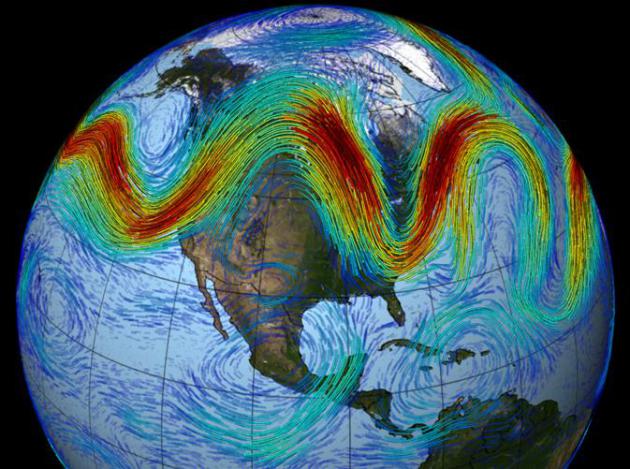
A
visualization comparing GPS data from New York City taxis in the days
surrounding Hurricane Sandy with the same data under normal traffic
conditions
Read more at: http://phys.org/news/2014-10-taxi-gps-hurricane-sandy-effect.html#jCp
Read more at: http://phys.org/news/2014-10-taxi-gps-hurricane-sandy-effect.html#jCp
A
visualization comparing GPS data from New York City taxis in the days
surrounding Hurricane Sandy with the same data under normal traffic
conditions
Read more at: http://phys.org/news/2014-10-taxi-gps-hurricane-sandy-effect.html#jCp
Read more at: http://phys.org/news/2014-10-taxi-gps-hurricane-sandy-effect.html#jCp
The
largest Atlantic hurricane on record, Hurricane Sandy offered a chance
for researchers at the University of Illinois at Urbana-Champaign to try
out a new computational method they developed that promises to help
municipalities quantify the resilience of their transportation systems
to extreme events using only GPS data from taxis.
Read more at: http://phys.org/news/2014-10-taxi-gps-hurricane-sandy-effect.html#jCp
Colder Winters in Asia, Europe Linked to Sea Ice Decline. Climate Central
examines how reduced sea ice from rapid arctic warming might impact the
frequency of cold weather blocking patterns; here's a clip: "..The
model simulations suggest that the reduced sea ice leads to greater
absorption of incoming solar heat by open ocean waters, which leads to
pressure changes in the atmosphere. Specifically, it seems to intensify a
feature called the Siberian High over Europe and Asia, and leads to
more of what are called blocking patterns, where the atmosphere
effectively gets stuck in a particular pattern for days or even weeks.
In the case of the study, the feature leads to more breakouts of Arctic
air over the combined Europe-Asia landmass..."Read more at: http://phys.org/news/2014-10-taxi-gps-hurricane-sandy-effect.html#jCp

Google's Dominance in Search Is Nearing Its Peak. Quartz has the story; here's the introduction: "Google is stumbling. Earlier this month the company disappointed shareholders with underwhelming quarterly results. The amount of money it makes each time somebody clicks on an ad has steadily fallen for the past three years. In response, according to Re/Code,
Google CEO Larry Page has appointed insider Sundar Pichai to lead the
bulk of Google’s product lines, freeing Page to focus on the “bigger
picture...”
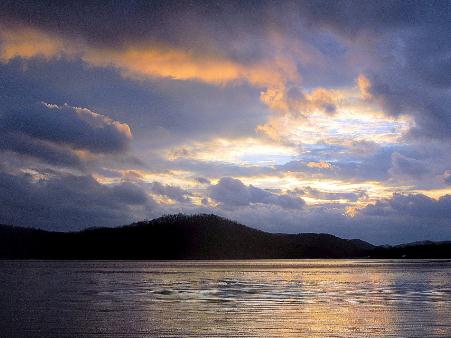
TODAY: Partly sunny and brisk. Winds: West 10. High: 48
WEDNESDAY NIGHT: Partly cloudy. Low: 39
THURSDAY: Mostly cloudy, turning colder late. High: near 50, then falling
FRIDAY: Clear and chilly. Chilling too. Wake-up: 29. High: near 40
SATURDAY: Hard freeze, then sunny & windy. Wake-up: 25. High: 46
SUNDAY: Intervals of sun, milder breeze. Wake-up: 34. High: 53
MONDAY: Some sun, slightly cooler. Wake-up: 42. High: 50
TUESDAY: Partly sunny, cooler than average. Wake-up: 38. High: 48
Climate Stories...
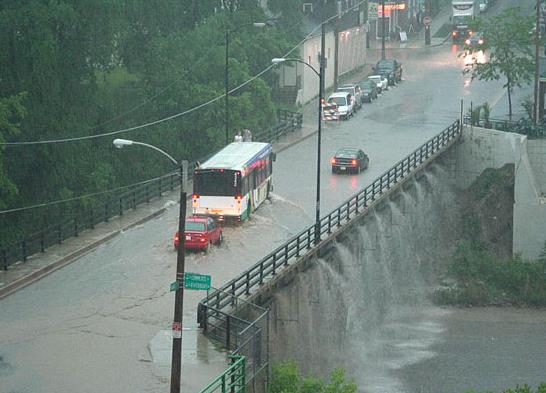
A Chronicler of Warnings Denied. The New York Times has an interview with "Merchants of Doubt" author Naomi Oreskes; here's an excerpt: "...I did some digging of my own. I learned that my critic was among an informal group of physicists who’d risen to prominence in weapons and rocketry during the Cold War. Though none were climatologists, they became key figures in climate change denial. On the various issues where members of the group had been active — acid rain, ozone depletion and climate change — there appeared to be a playbook drawn from the tobacco wars: Insist that the science is unsettled, attack the researchers whose findings they disliked, demand media coverage for a “balanced” view..."

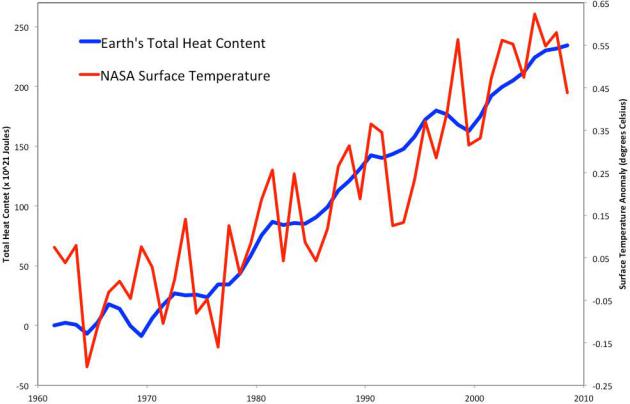
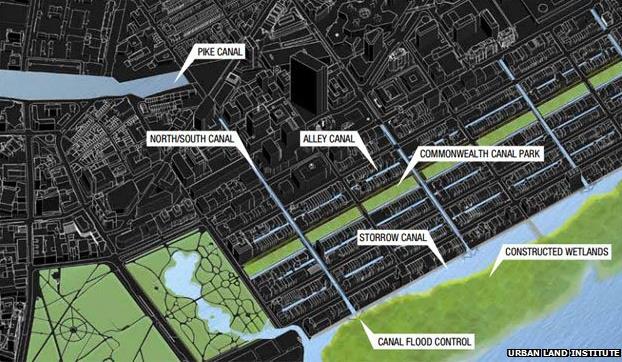
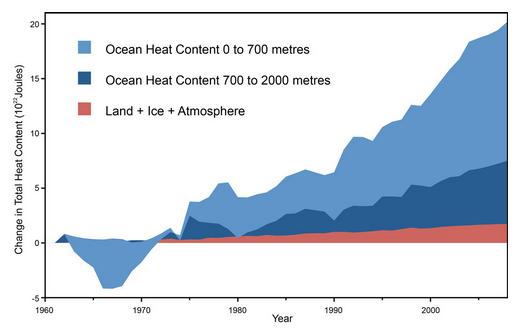
No comments:
Post a Comment